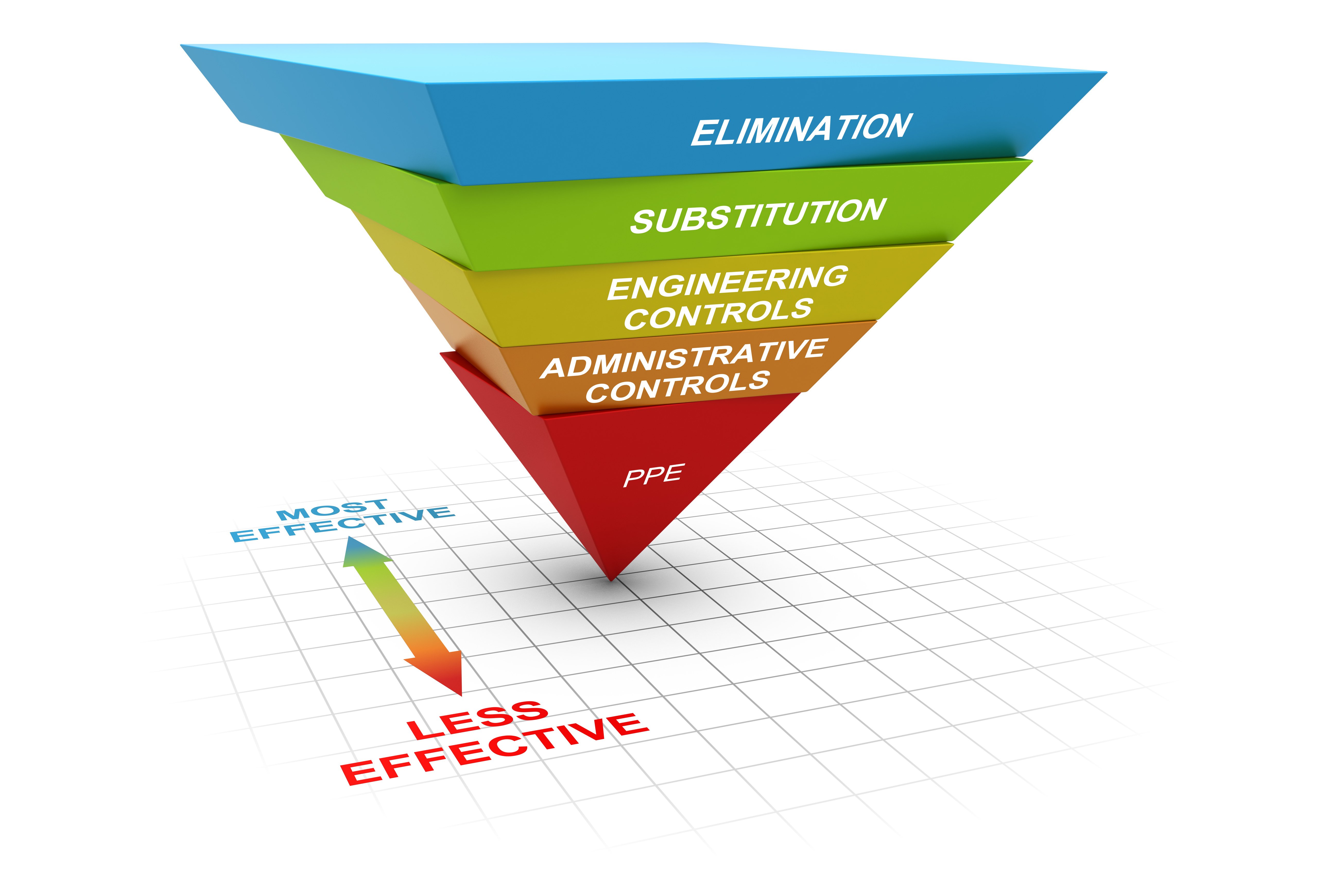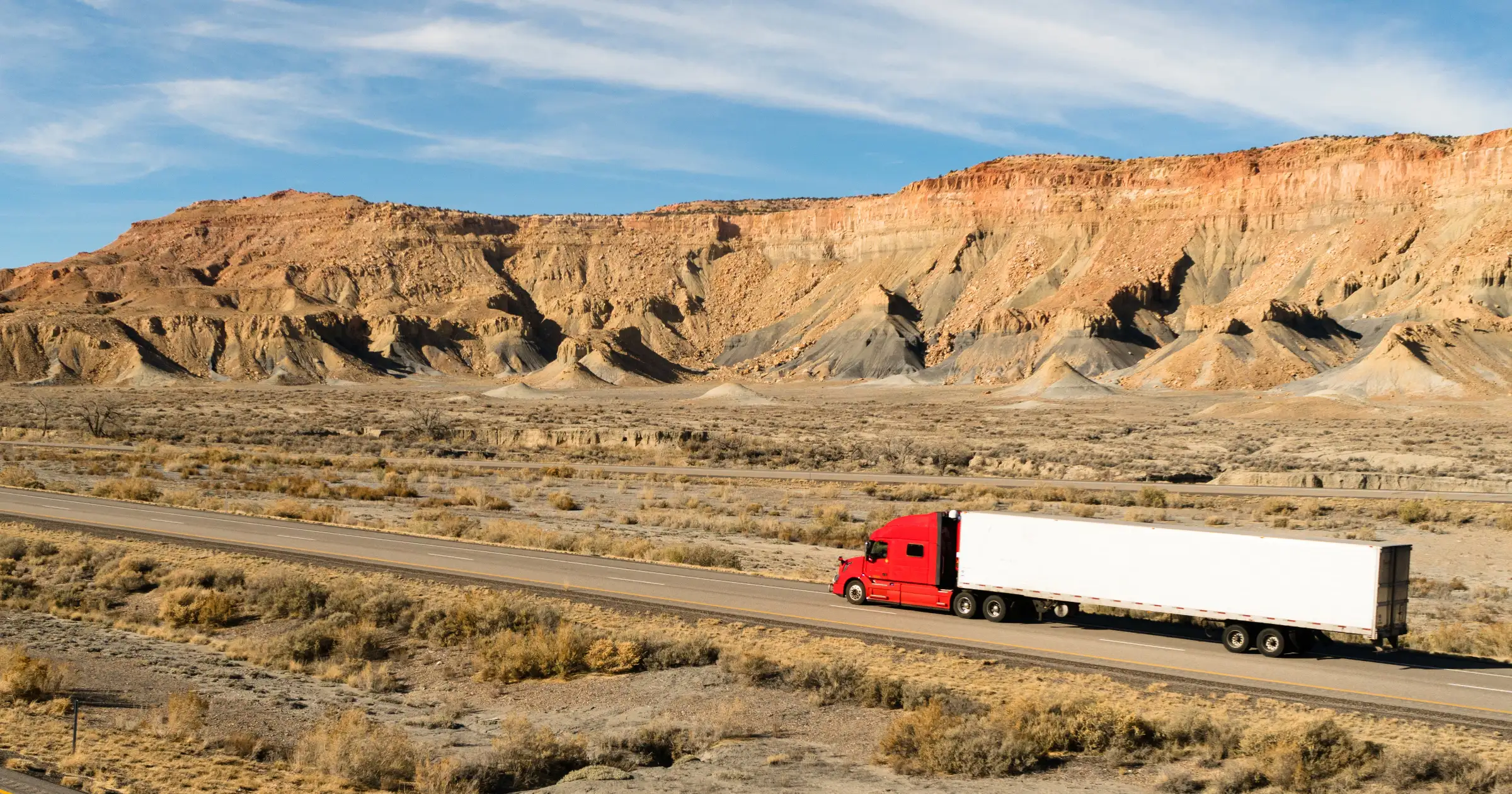Understanding how you can control hazards in the workplace
Graphic via CDC.GOV.
Safety is about protecting employees and others from physical hazards that...
Non-Trucking Use coverage is a unique insurance policy for owner-operators who lease their equipment on a long-term basis to motor carriers. It is also sometimes called Non-Trucking Use Liability insurance, or NTU.
In a nutshell, it protects owner-operators and independent drivers by filling a serious gap in coverage left by a standard motor carrier insurance policy.
Non-Trucking Use insurance is designed to protect independent truck drivers when they are not working under lease with a motor carrier, or carrying property for business purposes.
Non-Trucking Use coverage is essential liability coverage that can protect your trucking business from expensive lawsuits and pay for damages to others if you have an accident while you’re not operating under your lease.
You’ll find that in most lease agreements, your motor carrier is only responsible for providing liability insurance when you’re operating on their behalf or for their business. If you have an accident when you’re not operating under your lease, you’re simply not covered by their policy.
That leaves owner-operators faced with a gap in insurance protection.
The trucking insurance experts at Great West created Non-Trucking Use coverage to specifically protect independent drivers while they use their trucks for non-business purposes.
A Non-Trucking Use insurance policy contains Bodily Injury and Property Damage Liability coverage for the protection of your trucking business.
Here’s an example of when Non-Trucking Use insurance would apply:
A driver takes a tractor to pick up some groceries and runs a stop sign, hitting a car. Since he is not driving for business purposes, the accident is not covered under his motor carrier’s Auto Liability policy.
A Non-Trucking Use policy, though, would provide Bodily Injury and Property Damage coverage to pay for any injuries to others and damage to property of others caused by the accident.
It’s important to note that a Non-Trucking Use policy excludes hauling any property, not just property for a motor carrier. That means it would not cover an accident that happened while you were using your truck to help a friend move, for example.
Non-Trucking Use coverage has also been called Bobtail insurance or Deadhead Liability coverage in the past. However, these two terms can cause confusion because they can be used to describe normal operations on behalf of your carrier.
An example of this would be when an owner-operator finishes a delivery and is dispatched to bobtail or deadhead to pick up another load. In this case, a Non-Trucking Use policy wouldn’t apply because they’re still using the truck for business purposes. This distinction can lead to some understandable confusion.
That’s why Non-Trucking Use coverage is a more straightforward name for the policy. Its protection applies only when an owner-operator is no longer operating under the terms of their lease agreement.
A good example would be when an independent driver has an accident when using their truck for personal use after they have delivered the load and returned home and before the next point of dispatch. A Non-Trucking Use policy, in this case, would apply because they’re not operating under the lease agreement.
Non-Trucking Use coverage typically includes a $1,000,000 combined Property Damage and Bodily Injury liability limit.

This summary is intended for informational purposes only and does not replace or modify the definitions or information contained in any insurance policy or declaration page, which controls all coverage determinations. Terms and conditions may vary by state, and exclusions may apply.

Great West |
Graphic via CDC.GOV.
Safety is about protecting employees and others from physical hazards that...

Great West |
Not all insurance is created equal, especially when you’re running your own rig. The wrong...

Great West |
In the trucking industry, the most visible...